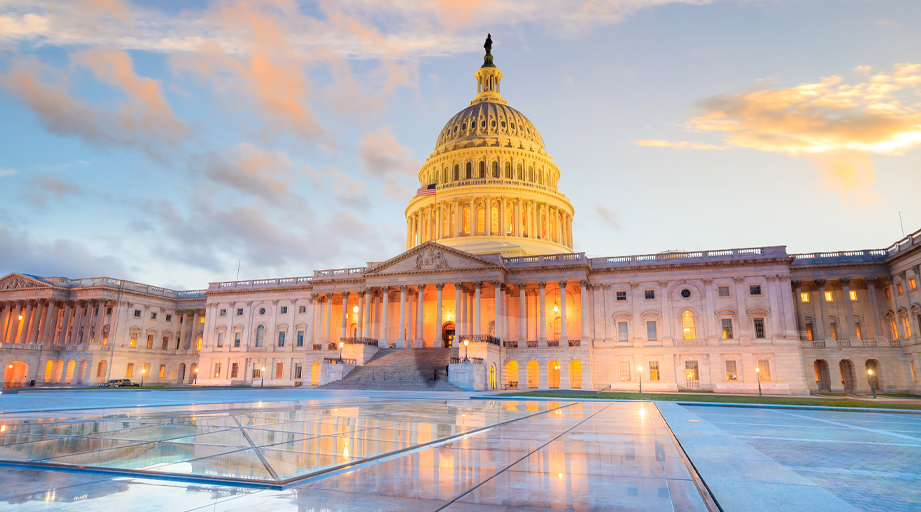
On Jan. 11, the Department of Health and Human Services (HHS) Secretary Xavier Becerra extended the COVID-19 public health emergency (PHE) for another 90 days until April. This is the 12th, and likely final, extension of the PHE. HHS has indicated that it will provide 60 days' notice before ending the PHE so that states and stakeholders can prepare.
Although key telehealth and Hospital-at-Home, PHE-linked flexibilities have already been extended through 2024 via the Consolidated Appropriations Act of 2023, changes are coming to reimbursement of vaccines and COVID-19 therapeutics. In addition, not all COVID-19 related authorities are tied to the end of the PHE. Authorities provided under the Public Readiness and Emergency Preparedness (PREP) Act, including pharmacist vaccination, testing, and treatment authorities, do not expire until the end of 2024.
- Vaccine Reimbursement: The Centers for Medicare & Medicaid Services (CMS) has been paying $40 per dose for administering COVID-19 vaccines in outpatient settings, but effective Jan. 1 of the year after the PHE concludes, the payment rate will align with that for administering other Part B vaccines. The requirement that individual and group health plans cover COVID-19 vaccines without cost sharing or medical management, even if provided by an out-of-network provider, concludes at the end of the PHE. Similarly, the provision that such out-of-network providers must be reimbursed a reasonable amount for such services also concludes at the end of the PHE.
- COVID-19 Treatments: The enhanced Medicare payments for eligible inpatient cases that involve use of certain new products authorized or approved to treat COVID-19 will also end at the conclusion of the fiscal year in which the PHE concludes. Further, after the PHE, payments for drugs and biologics used for COVID-19 treatment will no longer be separately billed. They will instead be included in a Comprehensive Ambulatory Payment Classification. The enhanced reimbursement rate of $75 for at-home administration of the COVID-19 vaccine will continue through the end of the calendar year that the PHE concludes.
- Over-The-Counter COVID-19 Tests: Currently, up to eight tests are covered under Medicare or group and individual health plan coverage at no cost sharing. This policy will conclude at the end of the PHE.
- Pharmacist-Provided COVID-19 Testing: The requirement that group and individual health plans cover COVID-19 testing and related services without cost sharing or medical management, even if provided by an out-of-network provider, also concludes at the end of the PHE. States and private payers may continue to cover pharmacist-provided services after the PHE ends.
- Controlled Substances Prescribing: Throughout the PHE, clinicians registered with the Drug Enforcement Administration (DEA) may prescribe schedule II-V controlled substances to patients for whom they have not conducted an in-person medical evaluation, provided a telehealth visit is conducted and other conditions are met. Upon the conclusion of the PHE or earlier date specified by the DEA, this flexibility will expire.
CMS and other federal agencies are still finalizing plans for a PHE wind down. ASHP will update members as more information becomes available. As noted, there are other deadlines established by the PREP Act as well as the Federal Food, Drug, and Cosmetic Act. Other provisions, such as the prohibition on cost sharing for COVID-19 vaccines for Medicare and Medicaid, have no deadlines. View a more comprehensive list of all the various deadlines. Questions or concerns about the PHE should be sent to Frank Kolb at [email protected].







